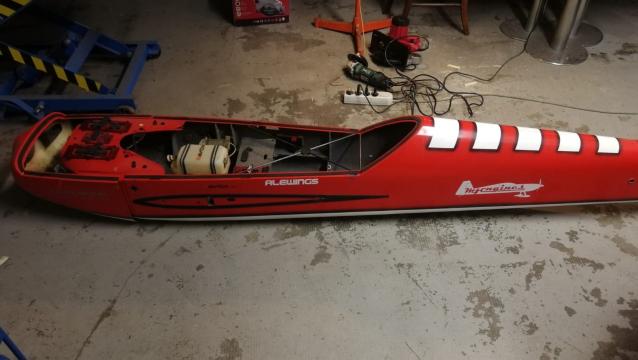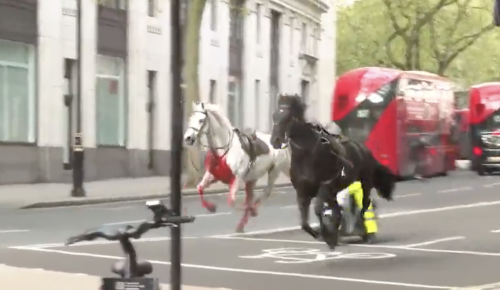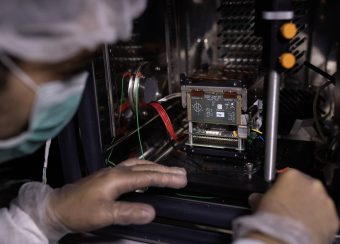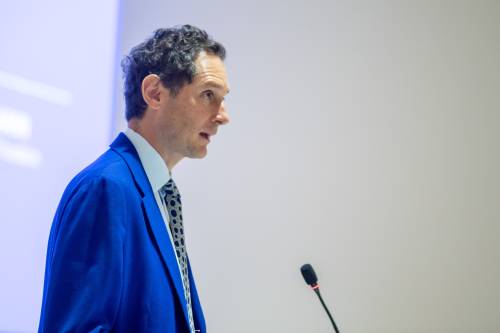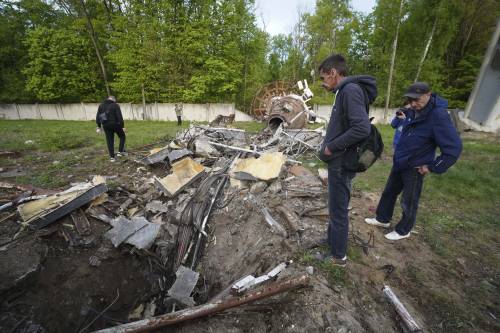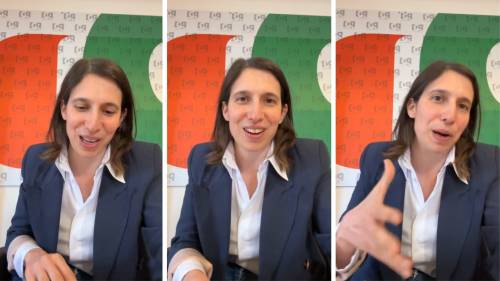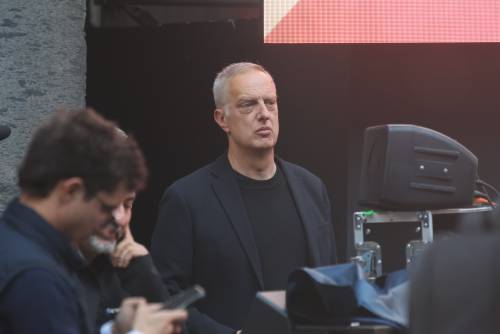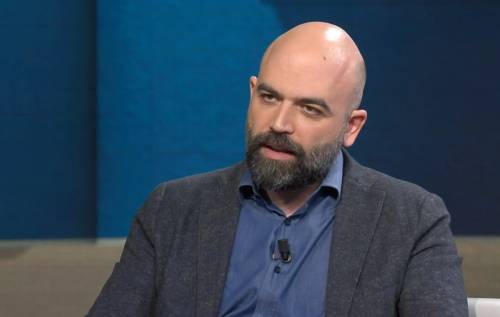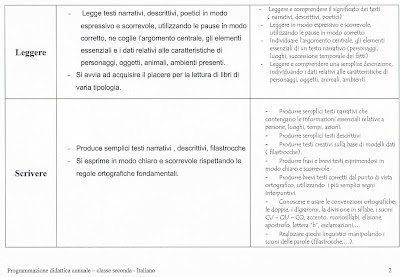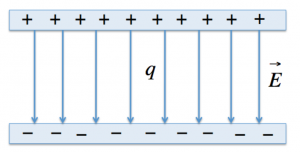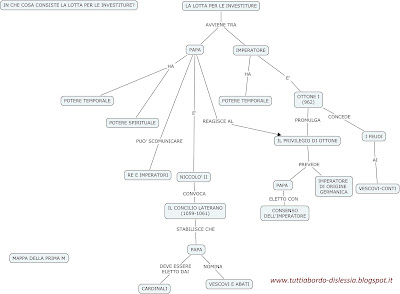(Sharjah, UAE) - Sharjah is one of the seven emirates of the United Arab Emirates (UAE). Since 1972, only one year after the country's independence from United Kingdom, Sharjah has been ruled by His Highness Dr. Sheikh Sultan Bin Mohammed Al Qasimi, who is also an established history and philosophy scholar known for his special attention on culture which made Sharjah become, without any doubt, the cultural capital of U.A.E.
Abdullaziz al Musallam is the Head of the Directorate of Heritage of the Sharjah Department of Culture and Information. We met him during the Sharjah Heritage Days, a cultural festival that his Department organizes every year in the month of April. This year, though, was a very special one: Sharjah was elected the Capital of Islamic culture for 2014, and the festival opened its doors to the muslim world, hosting more then 20 different muslim countries, including Morocco, Algeria, Tunisia, Egypt, Jordan, Palestine, Syria, Turkey, Azerbaijan, Uzbekistan, Turkmenistan, Tajikistan, Bahrein, Bangladesh, Indonesia, India, Kazakhstan, Kuwait, Kyrgyzstan, Oman, Qatar, Yemen, Sudan. The festival took place in the Heritage Area, a restored part of what used to be Sharjah City before the discover of oil reserves and the subsequent incredibly fast urban development.
Mr. Abdullaziz al Musallam, this is the 12th year of this Festival: what is its story, how did you decide to start it at first?
Few years ago, the Emirates where in their biggest economic booming, and they where changing a lot both in their mentality and administration. After 10 years of the state unity, we found out that many people started building even on the historical areas, demolishing the old houses there: this area is very expensive because it's near the creek (a strategic zone for naval trading) and the sea. Around the year 1981 our Ruler, His Highness Sheikh Sultan Al Qasimi, noticed that dangerous trend and started restoring the first houses in the area; he also made a law stating the prohibition to build or demolish anything inside the historical area without a permission from the government.
From that moment on, we started our focus on the material, tangible heritage. At the time, I was a trainee in the Heritage office; when I finished my studies and became Director, I started working on my priority, which was intangible heritage.
Intangible heritage has an important advantage, it can move. We can bring it outside, we can show it to the entire world: I cannot bring my buildings abroad, but I can bring my performers, my fairytales, my costumes... that's how I started thinking about this Festival.
My first idea of the Festival was inspired by a square in Marrakesh, Morocco, called Al Fana, where intangible heritage is shown to the public and the cultural memory is preserved: I sent, then,, a letter -containing my idea of the festival and a first program proposal- directly to the Ruler of Sharjah.
While I was visiting Marrakesh in order to get a better idea of what I was taking as an example, a letter came from the Palace: it was containing the same program I proposed, with some remarks and suggestions by the Sheikh Sultan Al Qasimi in person!
With some modifications the festival was approved and we started with its first edition: we had a very small budget at the time, around 30.000 $. (Nowadays Sharjah administration spends millions on the festival. It provides hosting and travel for many guests and all the performers, and this is quite expensive). Still, even with the small budget we had, I noticed that people where happy to come and perform, even without a compensation offered, and this was a big surprise to all of us: it showed clearly that there was a spontaneous need of culture, and that the festival could be an answer to this need; it seemed that people where waiting for this activity to start.
It was a very strong start indeed, many newspaper where talking about us, and there was a great enthusiasm brought from the public.
Now that we know how everything started, how is the festival changing? Do you have plans of improving it in some way?
The main thing that we want to change and improve is the contact with the young local people. The current trend of our new generation is to prefer “life behind a screen”, they communicate and have fun through a computer, a tablet, a TV, a smartphone: we would like them to be part of this festival, to get them in contact with real things, real traditions. There is a big border between us, and I would like to break it.
Your project sounds ambitious, but difficult. How is it going?
It is difficult indeed. But it's improving, now we have a big project with a group of young Emirati photographers, we met more then 50 of them and it was very interesting.
I pushed them to do what foreign people did when they first came to the Emirates: everything was new to them, so they where recording, taking pictures, writing about what they saw. I think that now we should do the same, in order to preserve our culture and our traditions: our country is growing and changing so fast, that we always risk to loose parts of it, if we don't pay attention in preserving, documenting and registering everything we can.
The group of photographers accepted that idea, and now they are working in preserving the memory of Sharjah, especially focusing on what our Ruler, Sheikh Sultan Al Qasimi, did and recording his actions, and the moments of his life.
Without any doubt Sharjah is the capital of culture of U.A.E., but I see your investments on culture are still increasing: do you aim to grow bigger, and become a cultural capital for the entire muslim world?
Yes, this is one of the Ruler's ideas, and that is why we started Sharjah Cultural Weeks; in this occasion, we bring our culture and traditions outside of the country, we want people to know us.
We will also open two new universities, one of which will be an online islamic university, so the access can be easier to everyone, even people who are living far away from here.
Another project we have consists on the creation of Islamic Cultural Centers abroad; we opened three of them so far, in Germany and Spain. The idea came from the request of the islamic communities in those countries of a building new mosque: we wanted to act differently from other muslim countries that are just building new mosques around the world. We decided we would make also a cultural centre there, opened to everyone, in order implement communications an mutual knowledge between religions. In the cultural centre there are many things, such as a calligraphy institute, a library, they are all chances for people to meet and talk.
The relation between christian and muslim world has always represented an important sociological issue. Nowadays, the muslim presence in Europe, thanks to immigration, is increasing: can this represent a bridge for Sharjah's relations with Europe in your opinion?
Yes, of course. Yet, our main target are not the muslim immigrants to Europe, but rather the european people who recently converted to Islam. Communication with them is easier, because they have a better knowledge of the part of world we are trying to get in touch with, and usually they have a good education too.
Regarding the support we give to muslims living in Europe, I have to say that we have a different and more open approach, for example, from Saudi Arabia.
We do build mosques, as I was telling you before, but with them we also provide cultural centrers for example. We do care about intercultural communication.
What we did in Germany was even more, as, while we were building the new mosque, we restored one of the historical churches of the city: it was a great example of cooperation.
How do you consider the relations of Sharjah with the non-arab muslim countries nowadays?
It depends, the non-arab muslim countries are very different one from the other. We have very strong relations with some of them, for example Azerbaijan, but with some other countries our relations are still weak. We are trying to improve all of them. The participation of all these countries which we had as guests in the festival this year can be a very good opportunity for both, us and them, to increase these relations.


